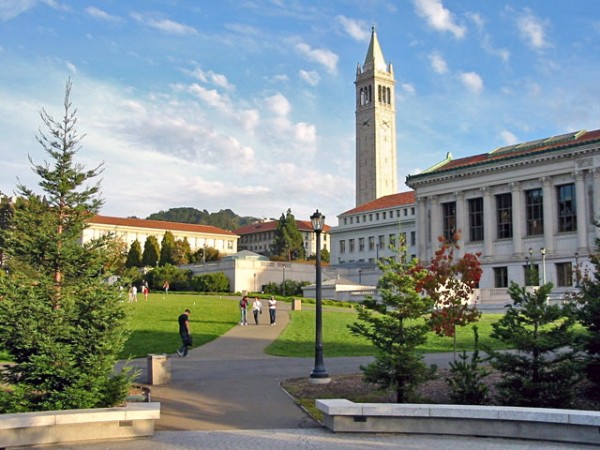CA HR 35 Raises Issues of Free Speech on University Campuses


In August, the California Assembly passed resolution HR 35, urging University of California officials to do more to fight anti-Semitism on university and college campuses. The resolution suggested the European definition of anti-Semitism be used.
Language in the resolution has led to the interpretation that even some peaceful university protests against specific Israeli government policies should be prohibited as ethnically-motivated, hateful, or dangerous.
The Assembly made its statement in a resolution, not a bill with legally-enforceable changes to current law in California. Even so, the resolution has sparked controversy with UC administration, students, and the California legislature as it has put the issues of free speech and the Israeli-Palestinian conflict in the spotlight.
The student reaction to the resolution, both for and against, was vocal and impassioned from the start. Earlier this month, the University of California Student Association (UCSA) passed a resolution condemning HR 35 and taking a step further, made a veiled suggestion that the University of California should divest from Israel. Following the UCSA’s statement, the Daily Californian released an op ed piece supporting HR 35 and denouncing the statement of opposition.
The arguments shaping up on both sides often use dichotomous language, making their recommended solutions polar and divisive in nature. HR 35 links any protest against Israel's government with violence and antisemitism. If this definition were accepted it could inevitably lead to censorship as even an open discussion on the Israeli government's policy can be classified as a protest and shut down.
Instead of solely attacking censorship, the USCA's statement tied the issue to divestment, failing to parse the issues, stoking controversy, and raising the stakes even higher. The threat of divestment has historically been a powerful tactic student populations have used with great success.
Protests on university campuses in the 1970s and 1980s led to widespread divestment from South Africa. This has scared many Jewish and Zionist citizens. Taking the arguments of both sides of the debate seriously would mean a choice between censorship or divestment from Israel. These, of course, are not the only options.
The University of California President’s office (UCOP) has taken a steady middle path through the controversy. Since the UC administration cannot be dictated to by the state legislature and HR 35 is a nonbinding resolution, UCOP has declined to come out for or against the resolution.
On September 13th the UCOP released the "Response to Protests on UC Campuses" study to reinforce its commitments to both free speech and the protection of identity groups such as LGBT, Muslims, and Jews. The report helped the UC administration to stay in the fragile middle of the argument by making nods to both sides without supporting significant changes to current policy.
With HR 35 focusing on a heated issue like Israel and antisemitism, a heated and ideologically diverse dialogue about Israel and Palestine ensued. Much of that dialogue, however, has overlooked the fact that this resolution calls for censorship of free speech on university campuses.



